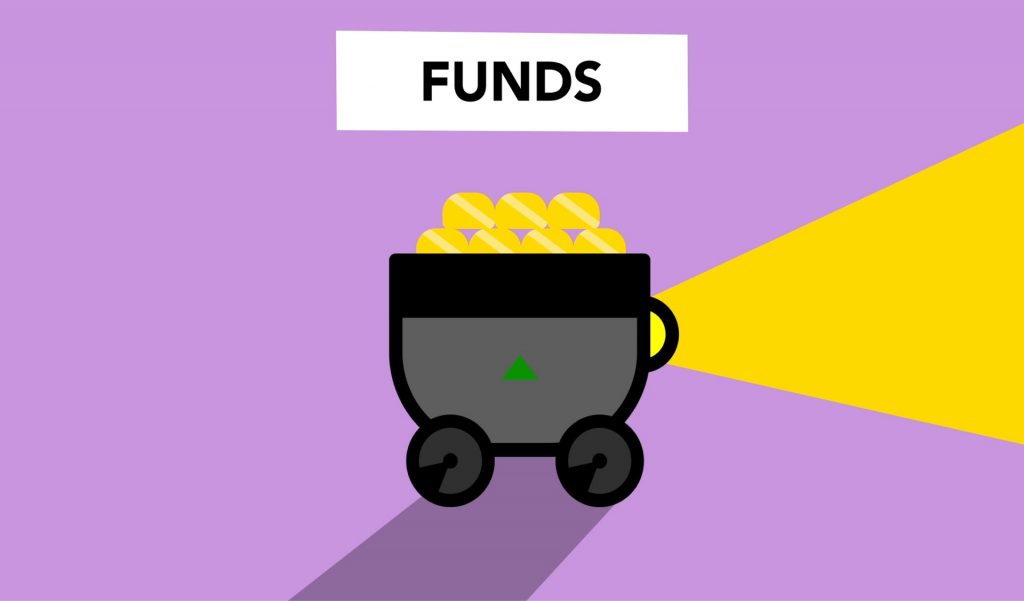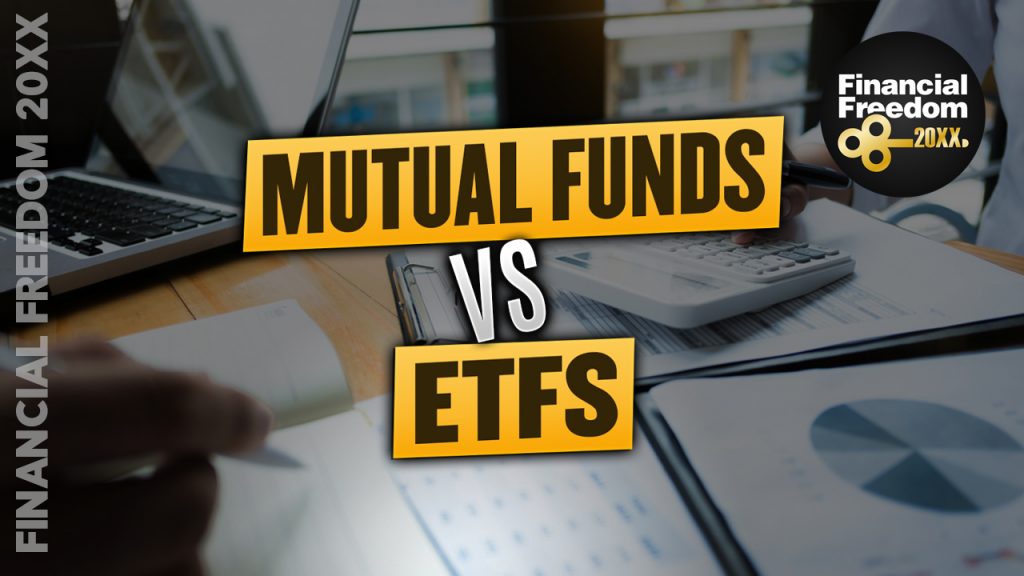There are usually two types of funds you come across when investing your money, namely mutual funds and exchange-traded funds (ETFs). The two funds have many things in common, but they are also different.
Let’s take a look at their similarities before we dive into the pros and cons of each fund.
Mutual Funds vs ETFs – The Similarities
Although they’re different, ETFs and mutual funds are relatively similar.
- When you invest in funds, all eggs are not in one basket. The types of eggs, varieties of baskets, and how many baskets will vary with each fund.
- Both funds collect different types of stocks, shares and bonds, grouped together and then traded as a single unit. Experts manage these funds by keeping track of every security that’s in the fund.
- Because they are a collection of securities, these funds provide a diversified portfolio that reflects the market as a whole. Both offer options that reflect the main indexes (index fund), such as the S&P 500.
- Both offer actively managed and passively managed options.
- Both offer “automatic” reinvestment of dividends or pay the dividends for investors. However, many ETFs pay dividends once per quarter instead of one per month. Automation makes the whole process easy for you as you don’t have to do anything after investing.
- If you are politician or for some other reason you want to stay as impartial as possible the mutual funds and ETFs are excellent way to invest because you don’t directly own any company shares and you let others make investing decisions.

Mutual Funds vs ETFs: Pros and Cons
When investing in both funds, you need to look at each pro and con to decide what’s suitable for you.
Exchange-Traded Funds (ETFs)
ETFs are traded like stocks and can get bought throughout the day. The price will fluctuate due to supply and demand in the market. Trades get done through a brokerage account or with a broker.
ETF Pros
- Added flexibility – You can sell your shares at any time as long as the market is open as ETFs are purchased and sold like stocks on the market.
- Lower fees – ETFs generally have lower costs than mutual funds have. As an investor, you will gain more if the costs are low.
- Lower minimum investments – You can buy as little as one share of the fund.
- Passively managed and actively managed option offered. Most of the time, an ETF investing based on the S&P 500 has a lower cost versus a mutual fund following the same index.
ETF Cons
- The commission is payable with an ETF trade.
- You must make sure that you buy at the right time. Instead of transferring money to the fund, you need to make the purchase. The price of an ETF will vary a lot all of the time, even during a single day.
- Full shares might need to be purchased – some brokers require you to buy whole shares.
- Because of payable commission, you most likely want to avoid buying extra-low amounts of ETF shares. If you are low on money, you might want to consider saving a higher amount before purchase.
Mutual Funds
Mutual funds get bought through a fund company. The mutual fund’s value is the net asset value, priced once a day at the close of market prices. Mutual funds are bought based upon the value and not on the number of shares.
Mutual Fund Pros
- Mutual funds typically have no commissions payable when you invest.
- You don’t have to buy full shares and can purchase fractional shares.
- You don’t need to look for the right time during the day when to make your investment. Instead, you transfer your money to the fund.
Mutual Fund Cons
- Even passively managed options exist; you must find them from a selection that contains many high-cost alternatives. It can be a pain to find a cost-effective mutual fund, but if you try to find a mutual fund that will invest based on a well-known index, e.g. S&P 500, you will find it.
- Many times the fund management sets the minimum investment amount, which could prevent people from investing.
- When you sell your investment, it is not as straightforward as selling ETF share.
Conclusion
It’s up to you, whether an ETF or mutual fund is the better option. As with other investments, ETFs and mutual funds come with risks, which you need to research before investing. Ensure you check out the annual management costs and know how the fund will invest your money.
Both mutual funds and ETFs are useful, and many investors choose to use both investment strategies. The key is diversifying your portfolio, so you will have the opportunity to reach financial freedom quickly.

